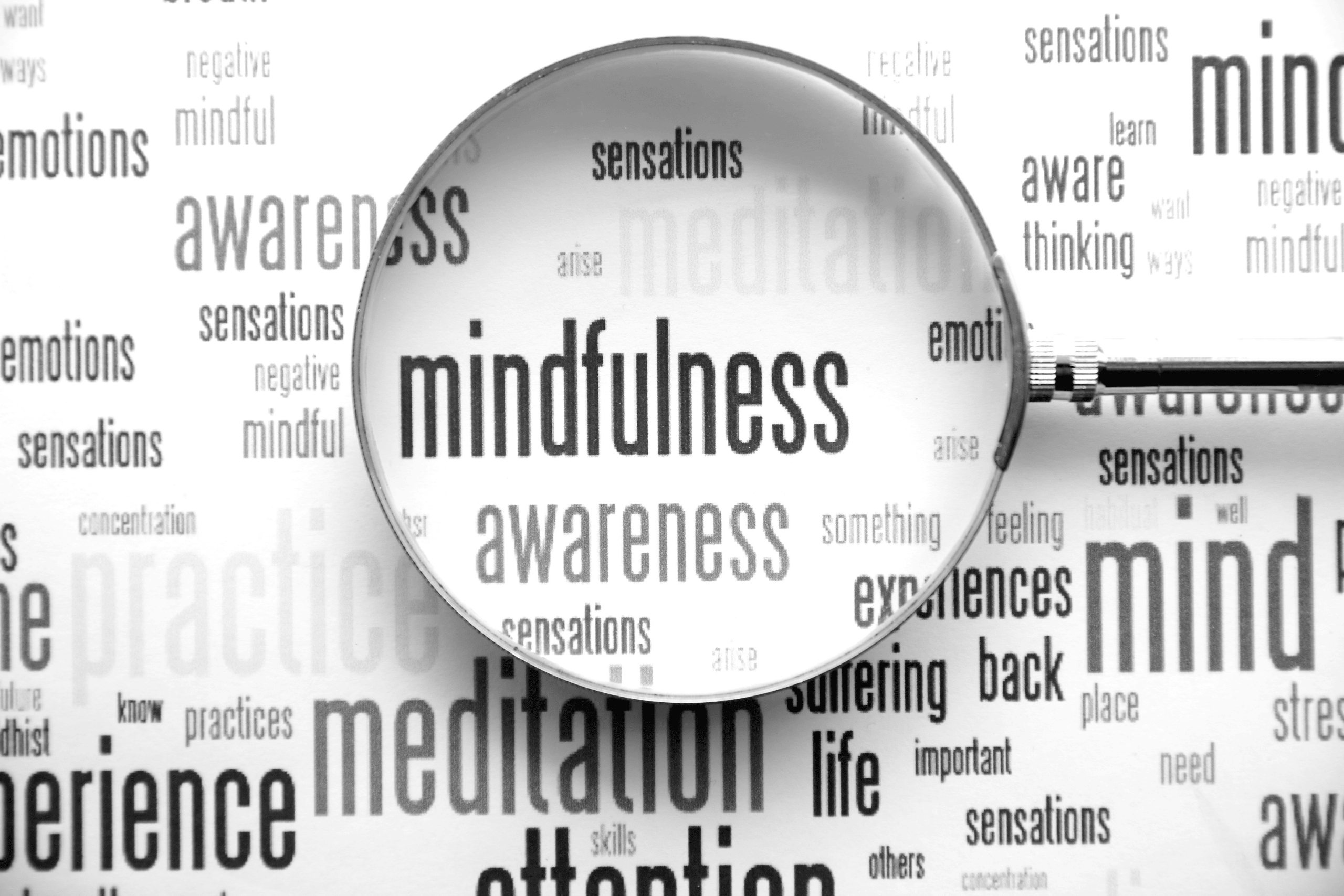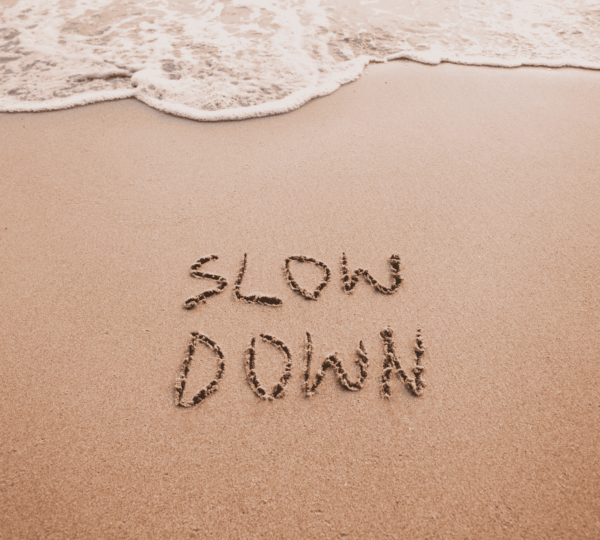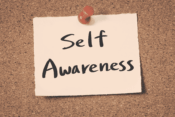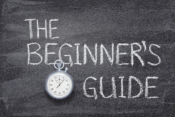
How to Enhance Emotional Intelligence Through Mindfulness
As a seven-year-old, I once tried to climb a mango tree. I was spending the holiday with my grandparents. The tree stood tall and inviting, its ripe fruits looked like treasures waiting to be claimed. My first few attempts were clumsy—I had scratched knees, failed grips, and a growing sense of frustration. Then, my grandmother, who had been watching me from the kitchen, called out, “Take a deep breath. Look at the tree. Feel it. Think of where your hands and feet will go next.” It sounded odd, but I followed her advice. Slowing down and focusing on each movement, I finally made it to the first branch. That day, I learned the value of mindfulness without even realizing it.
Years later, I came to understand how that lesson applies to an even broader topic: emotional intelligence.
According to Dr. Daniel Goleman, a pioneer in the field, “Emotional intelligence begins with self-awareness—getting in touch with your true feelings, and using that awareness to manage yourself and your relationships.” Mindfulness, a practice that encourages present-moment awareness without judgment, complements EI by fostering this self-awareness and enhancing our ability to connect with others. Recent studies published in the Journal of Positive Psychology confirm that regular mindfulness practice significantly boosts emotional regulation and empathy.
By integrating mindfulness into your daily routine, you can strengthen your emotional intelligence and unlock its potential to transform your relationships, decision-making, and overall well-being. Let’s dive into how mindfulness can serve as the key to unlocking your EI.
The Connection Between Mindfulness and Emotional Intelligence
Recent research from the Journal of Positive Psychology reveals that mindfulness practices significantly improve emotional regulation and empathy—two key components of emotional intelligence. Mindfulness allows us to pause, observe our emotions, and respond thoughtfully rather than react impulsively. Dr. Daniel Goleman, author of Emotional Intelligence, emphasizes that mindfulness builds self-awareness, the cornerstone of EI.
Emotional intelligence (EQ) is the ability to understand, use, and manage your own emotions in positive ways. It helps you to communicate effectively, resolve conflicts, and build strong relationships. Mindfulness, on the other hand, is the practice of being present in the moment, without judgment. It involves paying attention to your thoughts and feelings 1 without getting carried away by them
How to Enhance Emotional Intelligence Through Mindfulness
Here are some tips on how to enhance your emotional intelligence through mindfulness:
- Start with the Basics: Mindfulness Meditation
- Find a quiet place: Find a quiet place where you won’t be disturbed.
- Get comfortable: Sit or lie down in a comfortable position.
- Focus on your breath: Take slow, deep breaths, paying attention to the sensation of the air entering and leaving your body.
- Notice your thoughts and feelings: Don’t judge your thoughts or feelings; simply observe them.
- Bring your attention back to your breath: If your mind wanders, gently bring your attention back to your breath.
- Practice Mindful Breathing Throughout the Day
- Take a few deep breaths: Whenever you feel stressed or overwhelmed, take a few deep breaths.
- Focus on your breath: Pay attention to the sensation of the air entering and leaving your body.
- Count your breaths: Counting your breaths can help you stay focused.
- Practice Mindful Listening
- Give your full attention: When someone is talking to you, give them your full attention.
- Listen actively: Don’t just listen to the words; listen to the tone of voice and body language.
- Ask clarifying questions: If you don’t understand something, ask a clarifying question.
- Avoid interrupting: Don’t interrupt the speaker.
- Practice Mindful Self-Talk
- Be kind to yourself: Talk to yourself in a kind and compassionate way.
- Avoid negative self-talk: Don’t put yourself down.
- Focus on the positive: Focus on your strengths and accomplishments.
- Practice Mindful Eating
- Pay attention to your body: Pay attention to your hunger and fullness cues.
- Eat slowly and mindfully: Take small bites and chew your food slowly.
- Enjoy the taste and smell of your food: Don’t just eat to fill your stomach; enjoy the experience.
For a deeper understanding, take a look at this comprehensive guide on mindful eating to enhance your connection with your meals.
- Practice Mindful Movement
- Find a physical activity that you enjoy: Whether it’s yoga, walking, or dancing, find an activity that you enjoy and that makes you feel good.
- Pay attention to your body: Pay attention to your body’s sensations as you move.
- Breathe deeply: Breathe deeply as you move.
- Practice Mindful Journaling
- Write down your thoughts and feelings: Write down your thoughts and feelings without judgment.
- Reflect on your day: Reflect on your day and what you’re grateful for.
- Set goals for the future: Set goals for the future and write down steps to achieve them.
For more on how writing can serve as a powerful tool for self-care, check out our post on Setting Goals and Reflecting: Writing as a Modern Self-Care Practice.
- Seek Professional Help
If you’re struggling with your emotional intelligence, consider seeking professional help. A therapist can help you develop healthy coping mechanisms and improve your emotional well-being.
Additional Tips
- Start small: Don’t try to do too much at once. Start with small, manageable practices and gradually increase the amount of time you spend practicing mindfulness.
- Be patient: It takes time to develop mindfulness skills. Don’t get discouraged if you don’t see results immediately.
- Don’t be afraid to make mistakes: Everyone makes mistakes. Don’t beat yourself up if you have a setback. Just pick yourself up and keep practicing.
- Find a mindfulness community: Joining a mindfulness community can provide support and motivation.
Conclusion
Enhancing emotional intelligence through mindfulness is a journey of self-discovery and growth. Just as I learned to climb that mango tree by slowing down and focusing, we can all develop our EI by being present and intentional in our daily lives. Start small with mindful breathing or journaling, and watch these practices transform your interactions, decisions, and overall well-being.
So, the next time you face an emotional challenge, pause, breathe, and take it one mindful step at a time.
References
- Goleman, Daniel. Emotional Intelligence: Why It Can Matter More Than IQ. Bantam, 1995.
- Harvard Medical School. “The Benefits of Loving-Kindness Meditation.” 2023.
- Psychology Today. “Mindfulness-Based Stress Reduction: A Path to Wellness.” 2023.
- Journal of Positive Psychology. “Mindfulness and Emotional Regulation.” 2022.
- Greater Good Science Center at UC Berkeley. “The Science of Gratitude.” 2023.
- Forbes. “How Mindfulness Enhances Leadership Skills.” 2023.
- Mindful Blog. www.mindful.org.
- Tiny Buddha Blog. www.tinybuddha.com.













